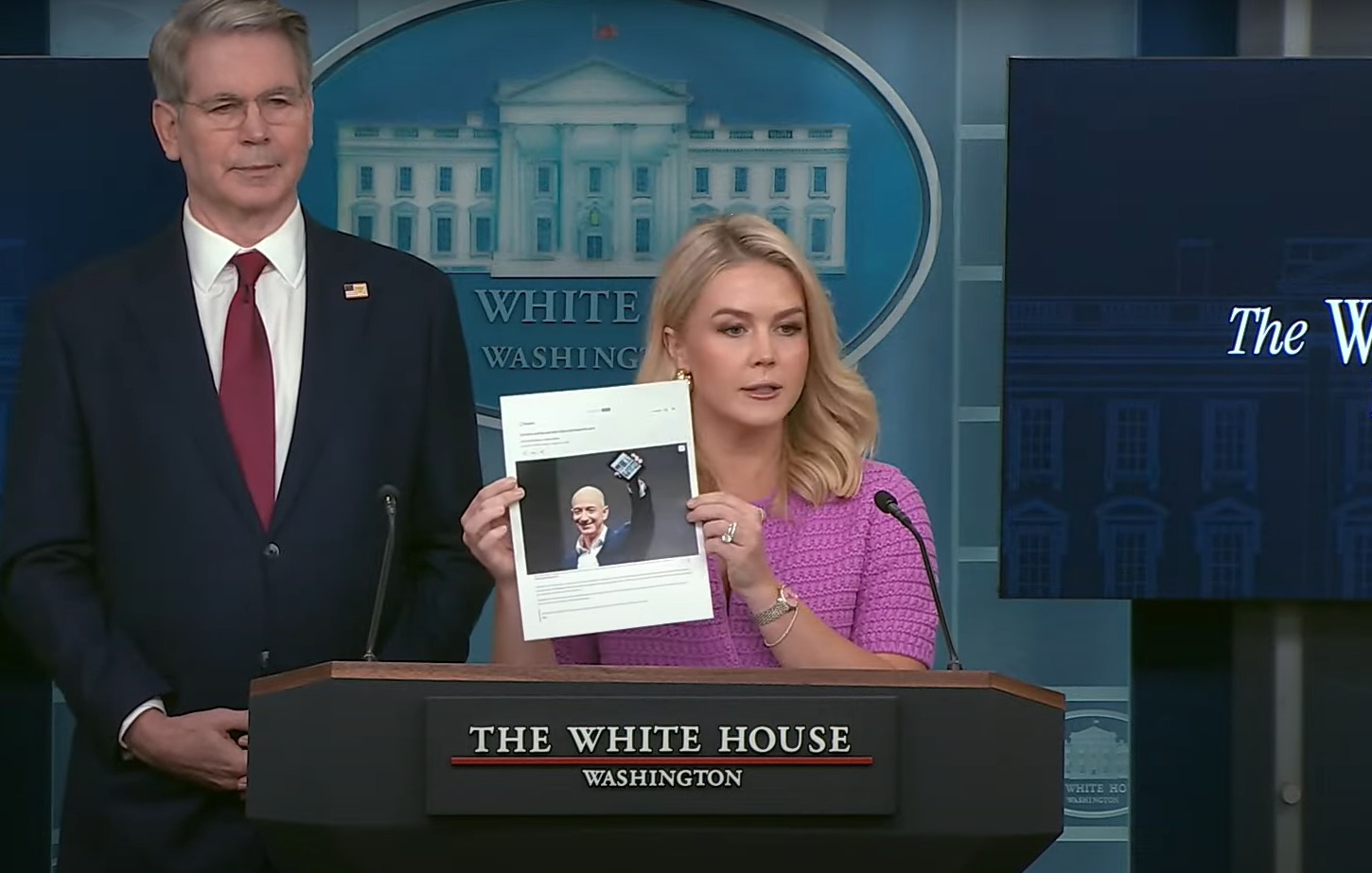Badar Khan Suri: On Thursday, a U.S. district court judge blocked the deportation of Indian researcher Badar Khan Suri. Judge Patricia Tolliver Giles of the Eastern District of Virginia Court issued an order preventing Suri’s removal from the United States. The court declared, “Suri shall not be removed from the United States unless and until the court issues a contrary order.”
This decision followed Badar Khan Suri’s arrest and the threat of expulsion due to alleged ties to Hamas. The scholar, a postdoctoral fellow at Georgetown University in Washington, D.C., faced detention amid growing concerns over academic freedom in the United States.
Badar Khan Suri: Arrest Sparks Outcry
Badar Khan Suri’s detention has raised alarms within the academic and civil rights communities. His lawyer condemned the arrest as a “targeted, retaliatory detention.” The legal team argued that the detention was designed to silence Suri and deter others from supporting Palestinian rights.
The American Civil Liberties Union (ACLU) also intervened, filing an emergency motion to stop the deportation. The organization described the detention as a serious threat to free speech and academic inquiry.
Badar Khan Suri: Allegations Against Him
Homeland Security Assistant Secretary Tricia McLaughlin accused Suri of spreading “Hamas propaganda” and promoting anti-Semitic views on social media. Additionally, McLaughlin pointed to Suri’s familial connections. She alleged that Suri’s father-in-law, Ahmed Yousef, was a senior advisor to Hamas.
Badar Khan Suri is currently being held in an immigration detention center in Louisiana. The accusations have added a layer of complexity to an already contentious case.

Badar Khan Suri: Concerns for Academic Freedom
Suri’s case comes at a time of heightened tension in academic circles. Two months into President Donald Trump’s new term, fears are mounting that freedom of research and speech are under threat. Critics argue that actions like Suri’s arrest set a dangerous precedent.
The academic community has voiced concerns that targeting researchers for their views undermines the United States’ reputation as a global leader in education and intellectual freedom.
Legal and Public Response
The court’s decision to block deportation has been seen as a temporary reprieve. Supporters of Badar Khan Suri, including the ACLU, continue to push for his release. They argue that his detention violates fundamental rights.
On the other hand, government officials maintain that national security concerns justify their actions. McLaughlin emphasized the government’s duty to prevent the spread of extremist ideologies.
A Case of Broader Implications
The outcome of Badar Khan Suri’s case could have far-reaching implications. It highlights the tension between national security and civil liberties. Additionally, it raises questions about the role of academia in addressing politically sensitive topics.
For now, Suri remains in detention, but the legal battle continues. The court’s decision has provided a glimmer of hope for his supporters, while the broader debate over academic freedom and national security persists. Stay updated with News Trendzs for in-depth analysis and breaking news in World News.





